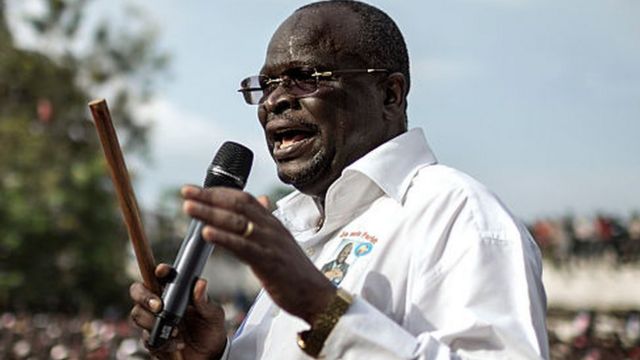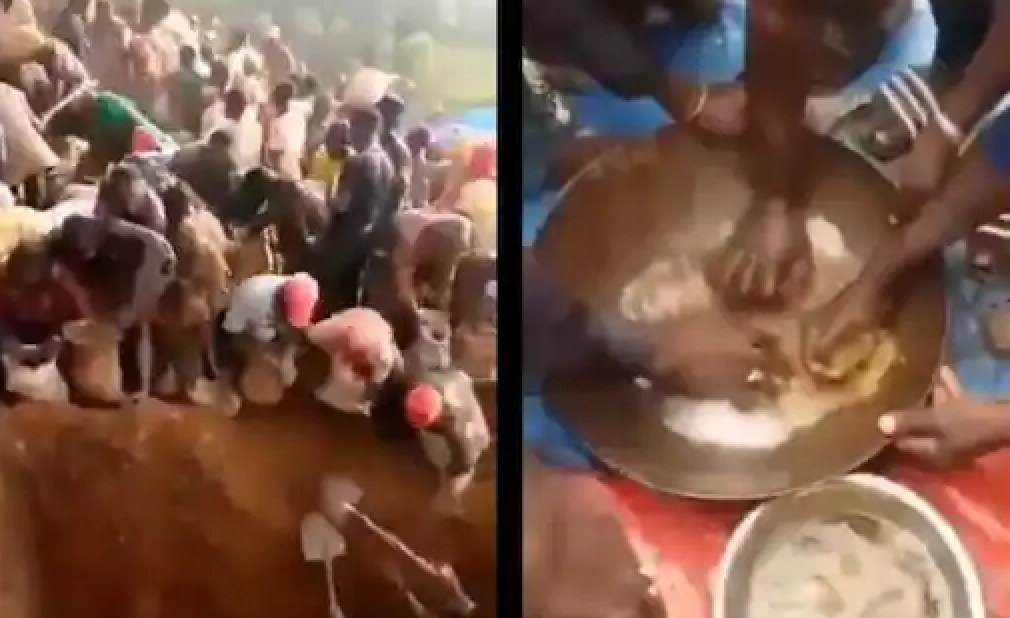Opposition candidate Guy-Brice Parfait Kolelas, who had charged that Congo has become a “police state,” died while being evacuated to France for treatment, announced his campaign manager. The Congolese Constitution provides for a postponement if a candidate dies or is unable to participate in the vote, but his death was announced hours after the closing of the polls Sunday.
There was uncertainty before the election as a video of Kolelas wearing an oxygen mask and making a statement circulated as the hospital confirmed he tested positive for coronavirus.
“My dear compatriots, I am in trouble. I am fighting death,” the candidate says in the video statement. “However, I ask you to stand up and vote for change. I would not have fought for nothing.”
By Milan Sime Martinic

